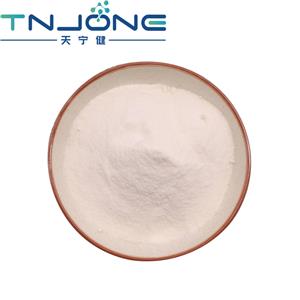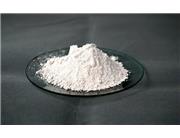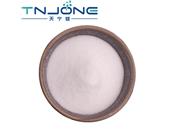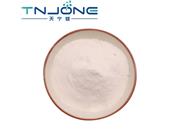Factory Provide Raw Material Nrc CAS 23111-00-4 Nicotinamide Riboside Chloride

Introduction
Product Name: Nicotinamide Riboside Chloride
Synonyms:Nicotinamide riboside chloride;Nicotinamide B-D Riboside Chloride(WX900111);Nicotinamide Riboside.Cl;
CAS No. 23111-00-4
EINECS: 200-184-4
Molecular Formula: C11H15ClN2O5
Molecular Weight: 290.7
Specification: 98%
Appearance:White powder
Storage:Keep in dark place,Sealed in dry,Room Temperature
Nicotinamide ribose chloride is a precursor of an important coenzyme, also known as vitamin B3. This coenzyme is nicotinamide adenine dinucleotide, a coenzyme that transfers protons, and it appears in many metabolic reactions in cells. Participating in the decomposition of compounds such as protein, carbohydrates and fats, the human body's life activities cannot do without this coenzyme. As cells age or become diseased, their number will decrease. Therefore, supplementing with nicotinamide ribose chloride can increase the content of this coenzyme and increase the basic metabolic activities of cells, thereby significantly improving cell viability and improving all aspects of the human body's physiological functions.
Function
1.Nicotinamide ribose chloride can delay aging. Nicotinamide ribose chloride is an important nutritional supplement, which can improve cell viability, especially the viability of senescent cells. In this way, the body's metabolism, immunity, brain function, cardiovascular function, etc. will be improved. Therefore, it is through the overall improvement of human body functions, so that all cells in the body are in a new active state, eliminating diseases, and achieving delaying aging Effect.
2.Nicotinamide ribose chloride has a cosmetic effect. It can improve the function of epidermal cells and the functions of other cells in the human body, which can keep the skin youthful and radiant. Nicotinamide ribose chloride has a whitening effect. On the one hand, nicotinamide can interfere with the cell signal channel between keratinocytes and melanocytes, reducing melanogenesis. On the other hand, nicotinamide can act on the already produced melanin, reducing its transfer to surface cells. At the same time, nicotinamide ribose chloride can increase the levels of free fatty acids and ceramide in the skin, stimulate the microcirculation of the dermis, prevent the loss of skin moisture, and improve the skin barrier function.
3.Nicotinamide ribose chloride has the function of improving cardiomyocytes and vascular cells, and can also reduce blood lipid levels in the cardiovascular system. At the same time, nicotinamide ribose chloride can improve the functions of various immune cells in the human body, enhance the resistance to cancer cells, and have an adjuvant therapy effect on cancer.








 China
China



